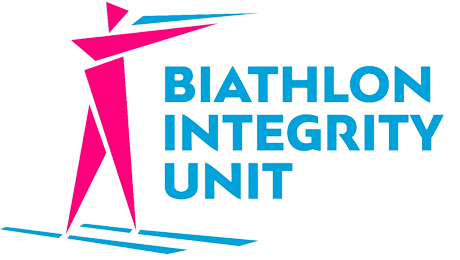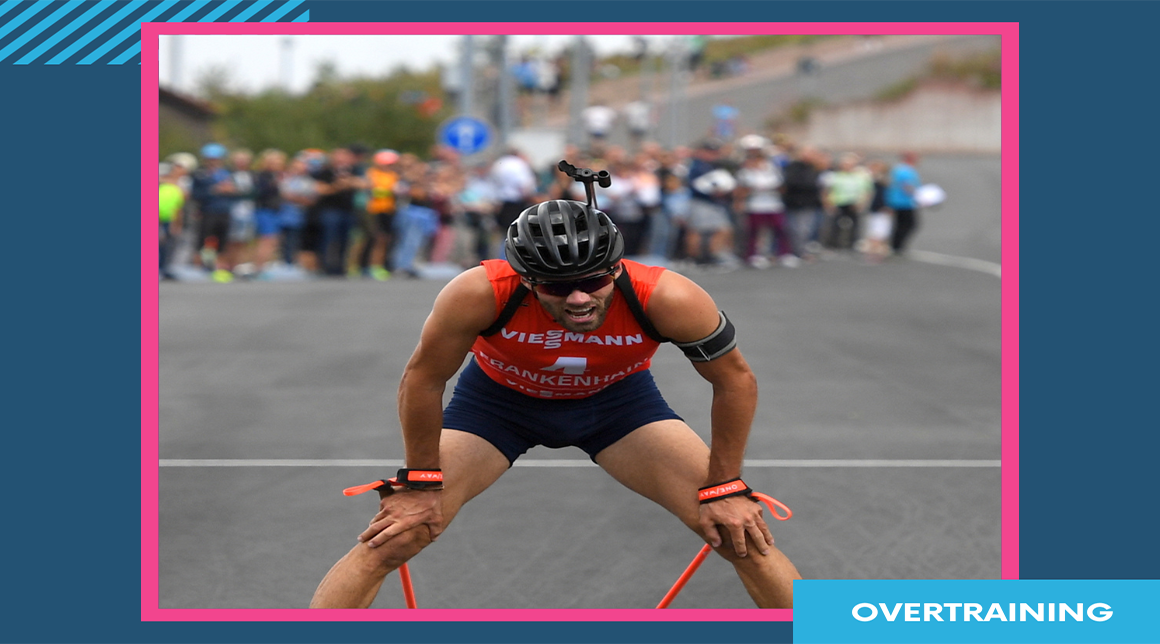Spotting the signs of overtraining
What is overtraining and how can you make sure to avoid it?
As a biathlete, you often need to push your limits to reach your athletic goals. At this time of year especially, with the new season just around the corner, many biathletes intensify their training loads.
But more isn’t always better.
There’s a thin line between training hard enough and training too hard. When you don’t give your body the rest and recovery it needs, you risk overtraining. Too much training without sufficient recovery can hinder your progress and lead to a decline in performance.
Common symptoms are not only physical, but can also be emotional and behavioural.
Look out for these signs:
· Long-term decline in sports performance
· Unusual muscle soreness, even after lower exercise intensity
· Decreased motivation to train or compete
· Moodiness
· General tiredness/fatigue; lack of energy
· Decreased quality of sleep
· Loss of appetite
· Irregular menstrual cycles; missing periods
· Increased occurrences of illness
· Increased blood pressure and at-rest heart rate
· Excessive weight loss.
One or more of these symptoms could indicate that you are overtraining.
Overtraining can be hard to spot before it becomes a problem, so it is very important to pay close attention and listen to your body.
What can you do to avoid overtraining?
· Make sure that you eat and drink properly
· Get a good night’s sleep
· Talk to your coach about balancing training with time for recovery; and let them know when you don’t feel great.
It’s hard to fully recover from overtraining. It can require weeks or months without working out. For an elite athlete, that could mean the end of their career.
Make sure it’s not you!


